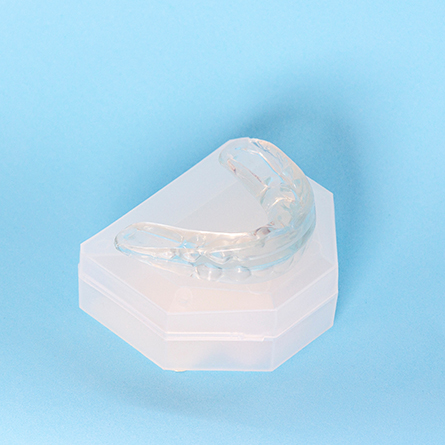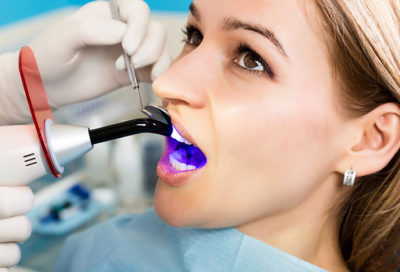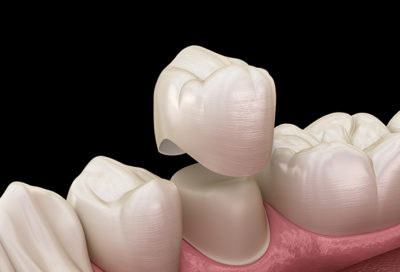Sore jaw? Chipped tooth? A night guard for teeth grinding can help!
A nightguard, also known as a dental guard, is prescribed to patients to help treat bruxism — also known as teeth grinding. A night guard may also be referred to as an occlusal guard, occlusal splint, or bite splint.
If you grind your teeth at night, it literally means you clench your jaw and move it in a way so that the upper and lower teeth rub together. This can make some pretty scary sounds, perhaps you’ve heard your partner complain about it before. If your teeth could talk, they’d be complaining too. After all, grinding leads to the premature breakdown of teeth and can result in tooth loss if left untreated.
Visit our Calgary dentist, Dr. Jennifer Silver, to protect your teeth against future damages from nightly teeth grinding!








